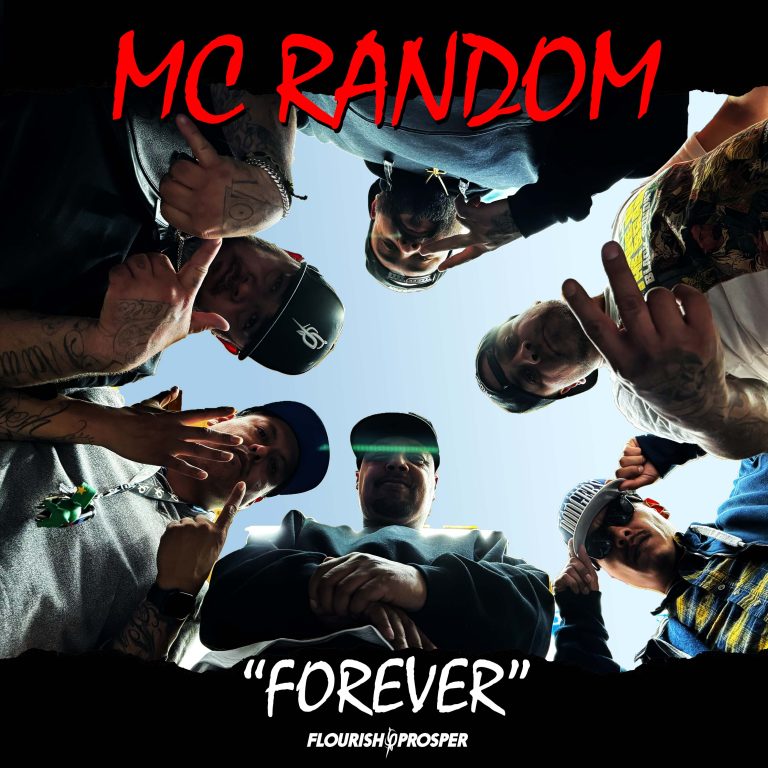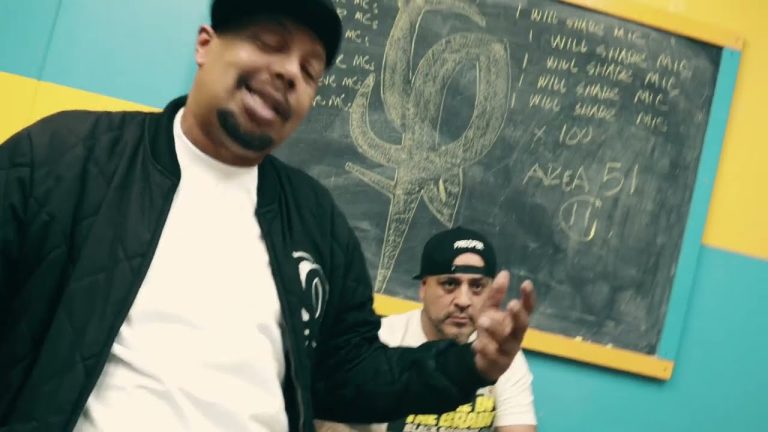Understanding the Basics of Music Licensing
Music Licensing constitutes the legal rights for broadcasting, reproducing, and publicly performing copyrighted music. Governed by copyright law, it aims to ensure that composers, artists, and producers are fairly compensated for their work when utilized by others in various mediums.
Types of Music Licenses
There are fundamentally four types of music licenses: Mechanical, Synchronization, Master, and Performance licenses.
Mechanical licenses grant the rights to reproduce and distribute copyrighted music on CDs, records, tapes, digital formats, or any other medium primarily designed for private use. This type of license is usually required when releasing cover versions of songs or sampling parts of a song.
Synchronization licenses, often called “sync” licenses, cover the right to use a piece of music in timed-relation with visual media, such as films, commercials, video games, television programs, or online videos.
Master licenses cover the right to use pre-recorded versions of songs in various forms of media. This gives you the permission to use a specific recording of a song in your project, but it doesn’t include the right to re-record the song yourself.
Performance licenses grant the rights to play, broadcast, or stream music in public places, including concerts, radio, broadcast television, restaurants, stores, and online platforms.
The Role of PROs and Copyright Law

Performing Rights Organizations (PROs) play a significant role in music licensing. Organizations like BMI, ASCAP, and SESAC monitor performances of songs across different platforms, collect licensing fees, and distribute royalties to the songwriters and publishers. These institutions are crucial in enforcing copyright law and ensuring fair payment to rights holders.
At its core, music licensing revolves around copyright law. When an artist creates an original piece of music, they automatically hold the exclusive rights to that piece. Without obtaining appropriate licenses, any third-party use of that music could potentially be an infringement of copyright law.
Navigating the Complexities of Music Licensing
Music Licensing can seem complex due to its vast array of intricacies and nuances. It’s essential for artists to thoroughly understand the ins and outs of licensing to ensure their works are used appropriately and that they’re compensated adequately. Equally, media producers need to be vigilant about the licensing terms they agree to in order to avoid copyright infringement and potential legal repercussions.
Why Do You Need a Music License?
Legal Imperatives
Acquiring a music license is crucial primarily because it is a legal requirement. Music, like any other creative work, is protected under copyright law. The right to use someone else’s music isn’t freely given; you must seek permission from the copyright holder. This solicited permission comes in the form of a music license. Using copyrighted music without obtaining a proper license is considered copyright infringement, and can lead to severe penalties, including substantial fines and potential legal action.
Economic Support to Artists
By obtaining a music license, you are economically supporting artists and their work. Licensing fees are a primary source of income for many musicians, composers, and music producers. When you purchase a license, you’re not just buying the right to use a song – you’re ensuring that the individuals who put time, effort, and creativity into that piece are appropriately compensated for their work. This encourages continual music creation and supports the overall health of the music industry.
Maintaining Professionalism and Reputation
Lastly, having a music license upholds your business’s professionalism and reputation. Unlicensed use of music can lead to public relations issues and a tarnished public image. Being accused of copyright infringement can harm your business’s reputation, deter potential clients or partners, and even result in lost revenue. By securing a music license, you demonstrate respect for intellectual property rights, adhere to professional standards, and maintain the integrity of your own brand or project.
Steps to Obtain a Music License
Obtaining a music license can seem like an overwhelming process, particularly for first-timers. However, when broken down into manageable steps, the task becomes much less daunting. Here are the critical steps involved to secure a music license.
Identify the Rights You Need

First and foremost, you need to understand what rights you need. If you’re using the music as background for a video, a sync license may be required. If you plan to reproduce and distribute the music, you’ll need mechanical rights. Performance rights are needed for playing music publicly. Research thoroughly to know which rights apply to your situation.
Find the Rights Holder
The next step is finding the copyright owner or the rights holder. Copyright holders can often be divided into two categories: the songwriter (who owns the rights to the song’s composition) and the recording artist (who owns the rights to the song’s recording). Reach out to Performing Rights Organizations (PROs), record companies, and music publishing companies to identify the rights holder.
Make a License Request
Once you’ve identified the copyright holder or holders, you will need to make a formal license request. The application typically involves providing detailed information about how you intend to use the music, like in what media, for how long, and in what territories. Some PROs have online forms for this, or you might need to send a letter or email.
Negotiate and Purchase the License
The final step involves negotiating the terms and purchasing the license. Depending on the popularity of the song, your intended use, and the amount of the song you plan to use, the cost can vary greatly. Be open to negotiation and remember that securing permissions can sometimes take time, so be patient and persistent.
Common Challenges in Music Licensing
Understanding Copyright Laws
Negotiating the labyrinth of copyright laws can be quite a daunting task. These laws vary widely from country to country, and understanding every single one of them can prove to be a significant hurdle. This means that even if you have legally acquired a license for a song in your country, there might be different rules in another country that could impact your rights to use the music.
Identifying Rights Holders
One of the biggest challenges in music licensing is effectively identifying who holds the rights to a specific piece of music. In many instances, rights are split between several individuals or entities. For example, the composer, the artist who performed the music, and the label that produced the record may each hold a part of the rights to a song. Each party needs to give their approval before a license for the song can be granted, and this can lead to complex and time-consuming negotiations.
Navigating Complex Licensing Terms
Music licensing agreements consist of a variety of specialized terms and conditions. Understanding these terms and how they apply to your specific situation is crucial. Some licenses restrict how, when, and where you can use the music, whereas others provide more freedom. Additionally, the cost of these licenses can vary significantly and often depends on factors such as the popularity of the song and the intended use of the music.
All these factors can make the music licensing process incredibly complex and potentially confusing. It’s worth noting, however, that familiarity with these common challenges can make the process much smoother and more manageable.
Navigating Rights and Royalties in Music Licensing
Understanding Music Rights and Their Importance
Understanding the different types of music rights and why they are important is the first step in navigating royalties in music licensing. These rights can be categorized into two main types: copyrights and performance rights. Copyrights protect the artistic work itself (i.e., the song), while performance rights protect the performance of the song.
Copyrights can further be broken down into two categories: composition copyrights and sound recording copyrights. The first pertains to the song’s music and lyrics, typically owned by the songwriter or their publisher. The latter refers to a particular recorded version of a song, which is usually owned by the recording artist’s record label.
Understanding these different rights is crucial because royalties are paid differently for each type- not understanding could result in losing potential revenue.
Deciphering Royalty Payments
Royalties, the fees that music users pay to music creators for the privilege of using their music, differ based on the type of usage. Performance royalties are paid when music is played publicly, such as on radio stations, in restaurants, at concerts, etc. Mechanical royalties are paid when music is reproduced, such as in physical or digital formats. Synchronization royalties are paid when music is used in visual media, like movies, TV shows, commercials, video games etc.
Different organizations manage these royalty payments. Performing rights organizations (PROs), like ASCAP or BMI, collect performance royalties. Mechanical royalties are typically collected by the Harry Fox Agency or the artist’s record label. Synchronization royalties are usually negotiated directly between the music user (e.g., film producer, ad agency) and the rights holder.
Royalty Splits and Agreements
One aspect of royalty negotiation that often becomes complex is determining how royalties will be split among various rights holders. This usually depends on agreements made among the creators of the music (e.g., songwriters, producers, musicians) and the entities that own the copyrights to the music (e.g., record labels, publishers).
Such agreements should be documented in writing to avoid potential disputes. If you’re a songwriter working with a music publisher, for example, it’s crucial to have a clear agreement on how royalties from the songs you write will be split. The same goes for recording artists signed to record labels.
Understanding and properly managing rights and royalties is an essential part of successfully licensing music. Without proper knowledge and management, artists risk losing revenue and their intellectual property rights. Therefore, it’s a good idea to consult with a music business attorney or an experienced music licensing professional to navigate this complex territory.
Looking for a trusted and knowledgeable agency to help market your music career?
Contact us at + 1 626 872-5151 or info@flourishprosper.net
Or Checkout our website at flourishprosper.net




